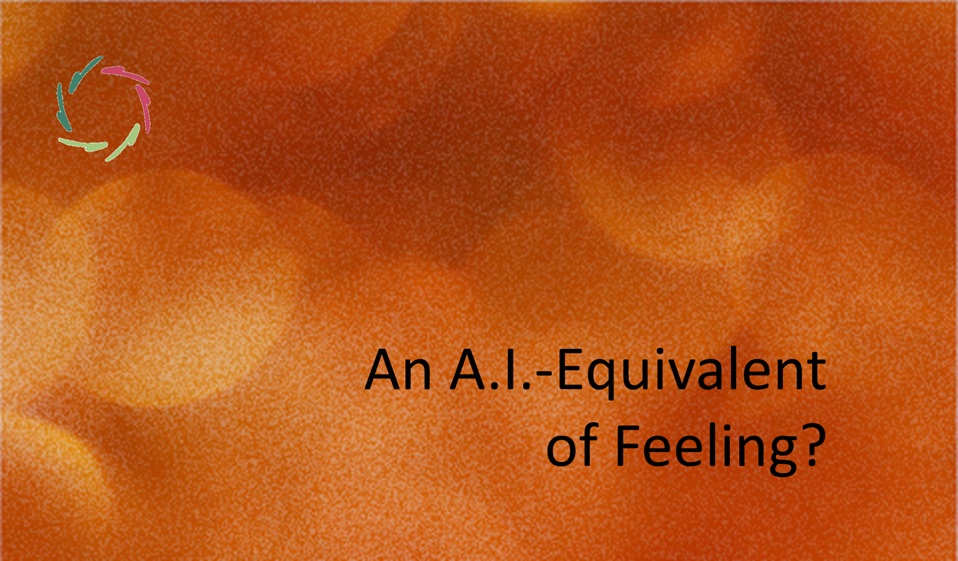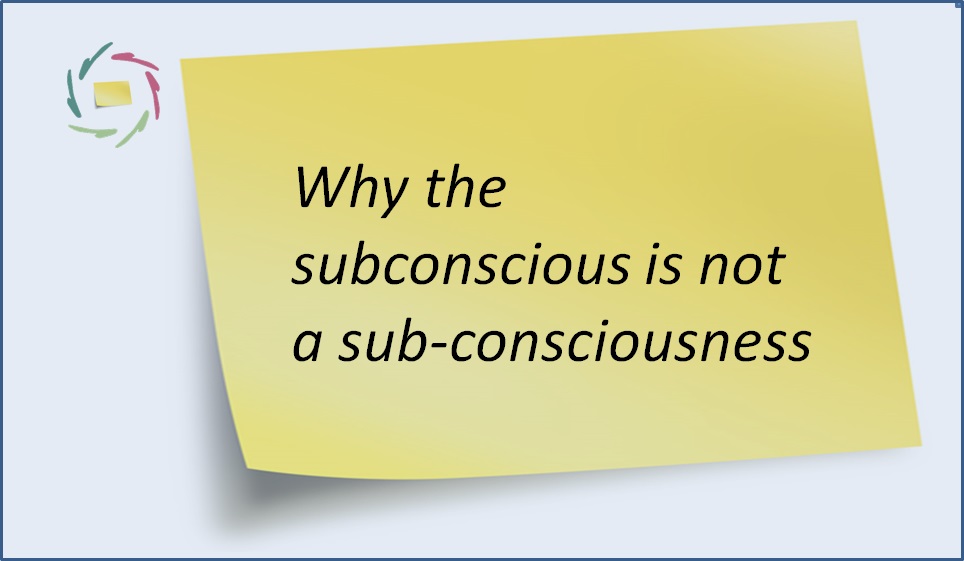28. Motivating Crowds in Corona Times

September 26, 2020
| Daily | Total | |
| Cases worldwide | 318,804 | 32,753,099 |
| Deaths worldwide | 5,818 | 992,978 |
A crowd is like an organism composed of organisms. If treated as a mechanism, it will not behave optimally, especially over time, especially concerning much-needed motivation.
►►►This is already crucial and will become even more important over the next six months.◄◄◄
Does the following picture give a clear idea?
(https://www.worldometers.info/coronavirus)

It shouldn’t be this way. Living through it, I don’t speak from hindsight. Maybe I don’t survive next winter. Hey, perhaps you don’t either. Then this text can be our witness.
In several ways, it shouldn’t be this way. My focus is subconceptual, mainly nonconscious processing, of which you can find much in my blogs, books, research, developments. One path from here into COVID is a more profound insight into cause and management. Another path is motivation. We are going to need tons of motivation. Where did it come from until now? Will we fare better from now on?
It will start/continue with people saying there is no time for this. [see: “No Time to Waste on Subconceptual Processing“]
But really, it starts with an insight into complexity.
Complexity
Complex is not complicated. An engineer can manage something complicated, like a moon rocket, using rules and algorithms. Complexity is different from this in its huge amount of degrees of freedom. One can support complexity, but one cannot manage it in the same way as complicatedness. [see: “Complex is not Complicated“]
You cannot make a plant grow by pulling at its leaves.
An organism is complex. A mechanism can be quite complicated.
It works until it doesn’t anymore
Treating an organism (such as any human being, or a crowd) as a mechanism may work initially. ‘Motivating’ people to stay home, for instance, in corona times. Put some pressure on it (anxiety, guilt, shame), and the first mechanical goal may be reached. People do stay home a bit more to avoid infection. Nice!
The hidden sides are less nice. Anxiety – especially in combination with loneliness, aggression, and many other causes of stress – is a pathogen: it makes people sick through immune dysregulation and many other pathways. Also, anxiety is a negative motivator: it leads to resistance, one way or another. You can see that as a backlash. I like the metaphor of a ball that is pushed underwater. When the pushing abruptly stops, a big splash follows. Reality is more complicated than the metaphor: next time, the ball may resist even more.
Unfortunately, the beginner’s success in motivating this way may heighten his conviction that this is the way to go. If the ball resists, the pushing needs to get harder. Meanwhile, the splashing around makes the pusher think he’s getting more important. After a while, the ball itself becomes the enemy or at least a big part of the problem. The pusher becomes indispensable. Here arises a policy of rules and repression. Where has motivation gone?
Jesus!
I’m not your regular Bible-Santa-Christian guy. However, I adore New Testament poetry. In my view, that’s enough to please any God, whether really real or poetically real. In the end, is the difference relevant?
The evening before his arrest, Jesus washed the feet of his disciples. Is this an act of servant leadership, or not? A few days later, they deserted Him out of fear/anxiety. A few weeks after that, at Pentecost, they received inspiration from above, which made them brave and ready to preach ‘in tongues,’ this is: using the language of inspiration. Well, it wasn’t a flame that did the trick, but the washing of feet.
If you want to be inspiring/motivating as a leader, you have to wash feet. Soap may be nice. It’s enough if you do that once and never forget. If you don’t forget, others don’t forget since they see it alive inside you. You have successfully incorporated it. You are a motivating leader.
This doesn’t happen so much. If it happens, it’s beautiful!
Motivation – demotivation – manipulation
Human energy = deep motivation. Someone who doesn’t have much energy to accomplish something, is just little in-depth motivated. One is not the cause of the other. It’s the same thing.
So, we can talk about ‘energy’ without misunderstanding. People do need it. If you take it away, people will not do what you want them to do. That’s called demotivation. It’s easier than motivation. Anxiety, for instance, is an energy-sucker. It demotivates, especially over time. When even the anxiety-energy gets depleted, people become complacent, as if they don’t care anymore for what is ethically right. In reality, they do still care, but the batteries are empty. In corona times, one can see this as seemingly not caring anymore about many unnecessary deaths. Economy first! Own people first! But for what purpose? What is the economy for, if not for an ethical purpose? [see: “The Final COVID Question: Ethics or Economics?“] What is ethics in the first place, if you take out the caring?
Demotivated people have lost (contact with) their positive energy. This makes them prone to any manipulation that feeds on their energy from a negative angle. Mind: the energy is still present but in a different guise. The energy itself is not negative, but it is prone to be used this way. If some politician finds the route, there’s trouble ahead. Need I be explicit?
One can blame the manipulator, or one can blame the lack of motivation.
Ready for motivating crowds?
One more thing, repeatedly: you cannot motivate. You can only let people be motivated from inside. There is no alternative.
A crowd is a tremendous opportunity for motivation. You can let much of the work be done by crowd activity. Again: People do not motivate other people, but they see others being motivated. That’s an effective communication towards inside, an example of empathy through mirroring.
So, try to make people see others being motivated. No manipulation, please; you don’t have to lie about sizes of crowds. Just don’t be coy about favorable reality. As a leader, be proud of what you accomplished and let people know. They will additionally be motivated by your being proud. Indeed, they’ll do their best to make you even prouder. Isn’t it gorgeous?
Never forget that, as a leader, your function is also a symbolic one. I hope that, in the future, no leader will ever be able to forget this. It is the main thing a leader ‘does.’ And at first sight, it’s almost nothing. It’s Openness. [see: “No Future without Open Leadership“]
Is it a job? Yes, it’s a job!
It may seem simple only for one who doesn’t know what it’s about. It’s not simple at all. But it’s not necessarily complicated. It’s complex.
And that makes it quite some job!
Every piece of communication needs to be motivating. I repeat: Every piece of communication needs to be motivating. You repeat it now, please. You see? It never ends.
Also, it never begins. It’s not something clear-cut that you ‘do’ on top of other things. It should live inside the motivator. He embodies it. He symbolizes it. He grows it inside. Only then can it grow in others.
Is it a job? No, it’s much more than a job!
Who’s job?
Leadership is everybody’s job. Motivation is everybody’s job. There is not one person responsible. Everybody’s responsible.
This said, clear job descriptions are mandatory. A scientist is a scientist; a politician is a politician, a representative is a representative. Even a maverick at times should be that: a maverick at times. It’s optimal to have them regularly together; it’s a sure road to chaos to have them communicate publicly in intermingled ways.
I repeat: Every piece of communication needs to be motivating, especially towards crowds.
By the way: Chaos is not complex. Chaos is just chaos.
Corona motivation
In my view, this should be fully grounded in Compassion. [see: “COVID Compassion“] Compassion is not the same as pity, of course. This said, there’s much to be sad about. Many people suffer; many are in burnout or post-traumatic stress. Many are mourning others. Every unnecessary death should not be!
One minute silence.
Compassion is also an excellent motivator because people can feel it inside. So, how do you get it inside? Certainly not by bickering, nor by showing superficial emotions. Also not by showing your anxiety, nor by showing your incapability to be anxious about the fate of others. Let yourself be anxious if you are, then try to deal with it without getting into active denial. Enacting denial as a window to your anxiety may be one of the strongest demotivators. Don’t do it.
You get Compassion by showing Compassion, as well as by seeing it in others.
Their finest hour?
Right now, the situation is awful, and it will get worse.
Living through this together may, after all is said and experienced, be something that people will look back upon as something with excellent aspects. It may be ‘their finest hour.’ Rings a bell?
Let’s make this era something to be proud of, finding proper motivation to carry on. This includes youth, or should I say: those who will think back of this, fifty years from now.
Will they still be grateful then for the support they get (and give) in these most trying times?
Will they have memories to cherish?


